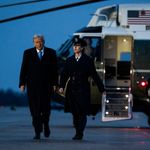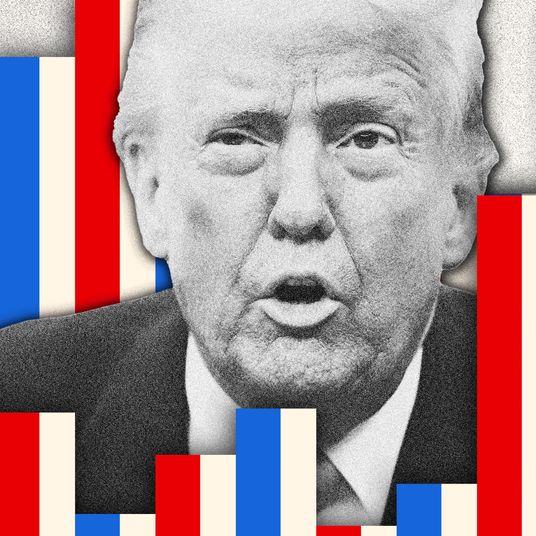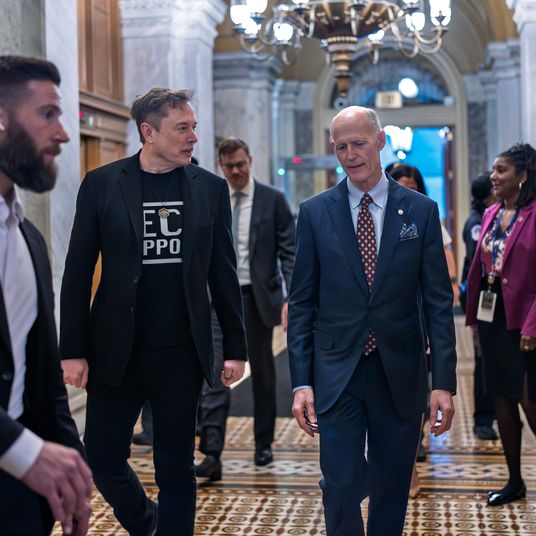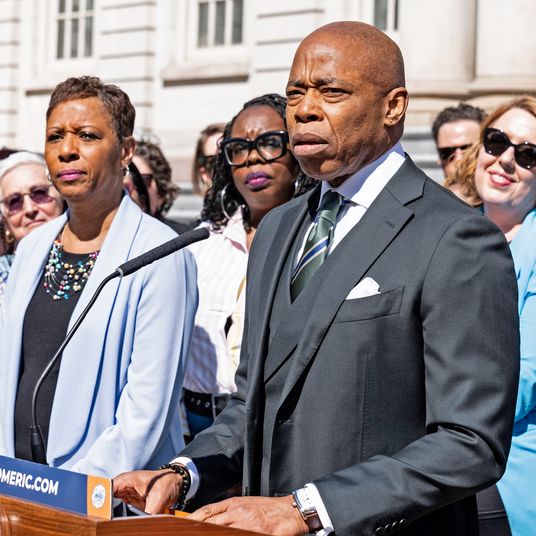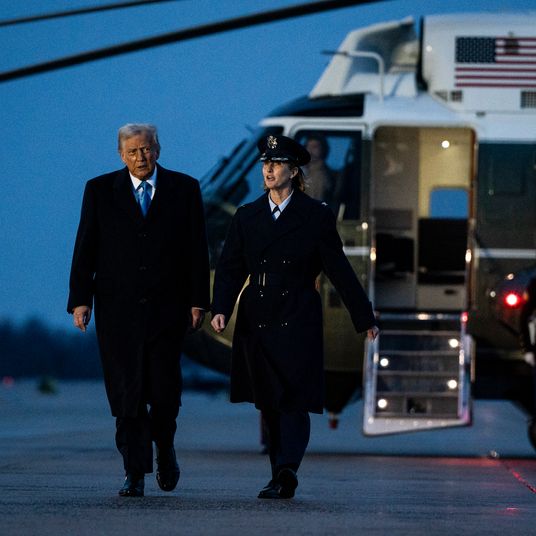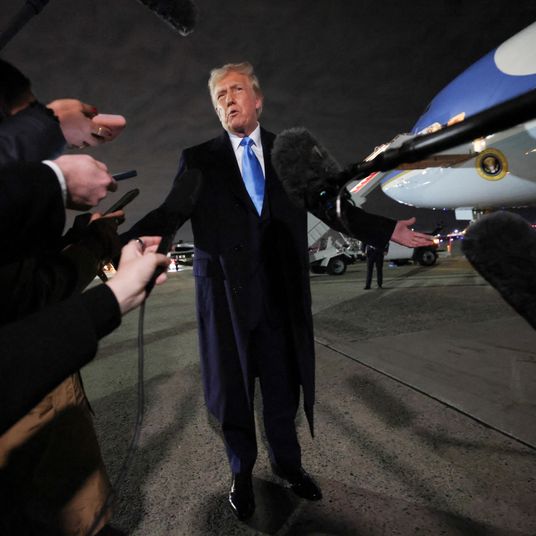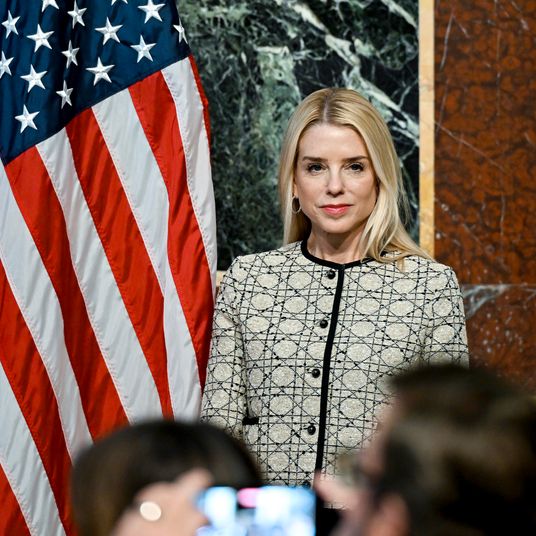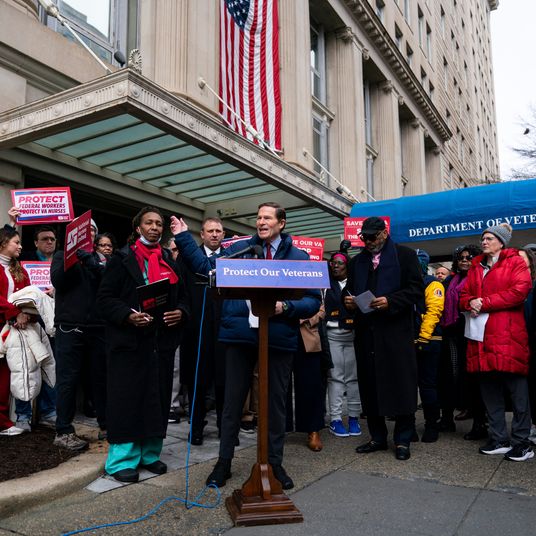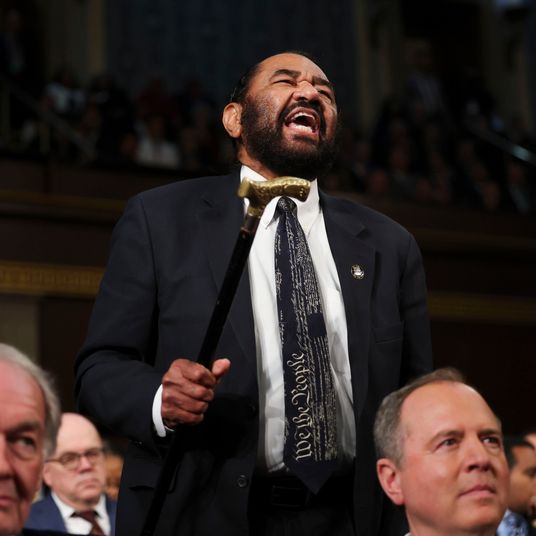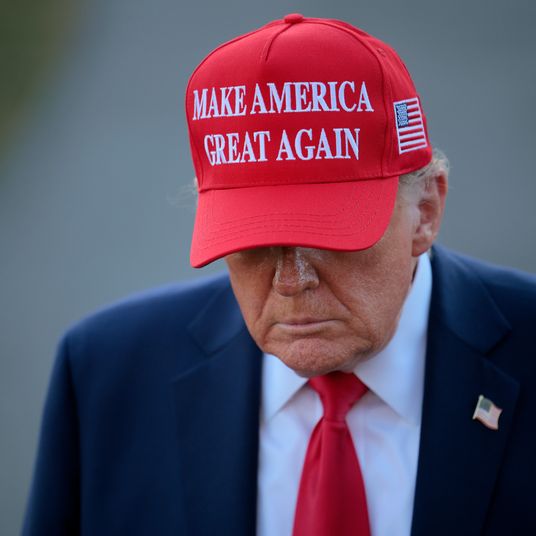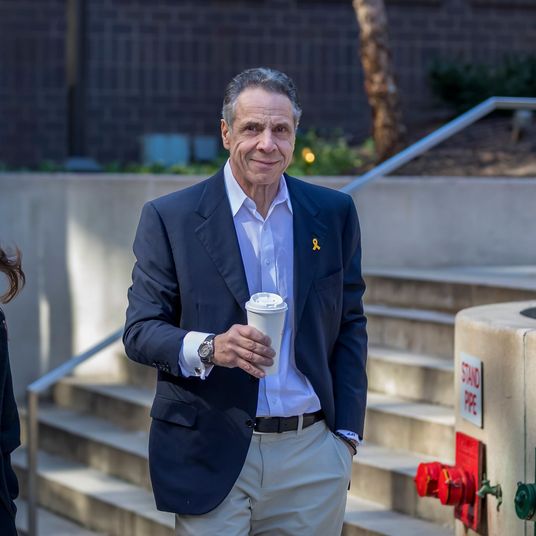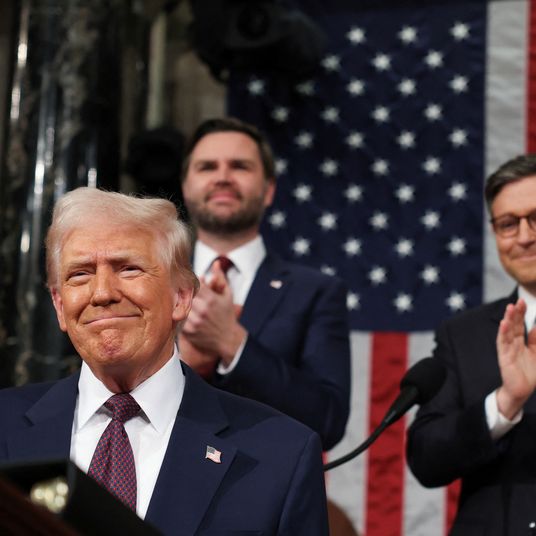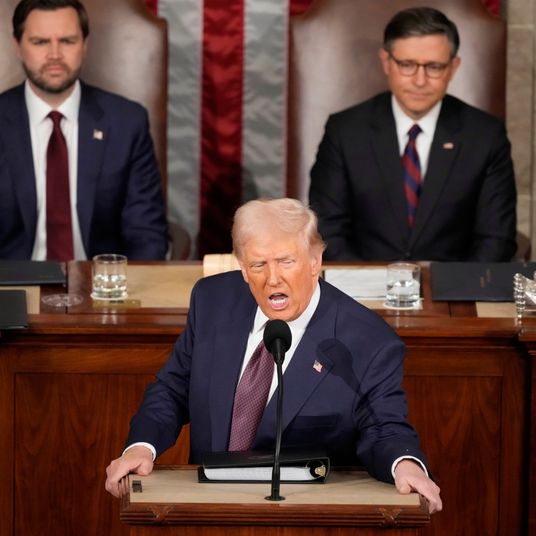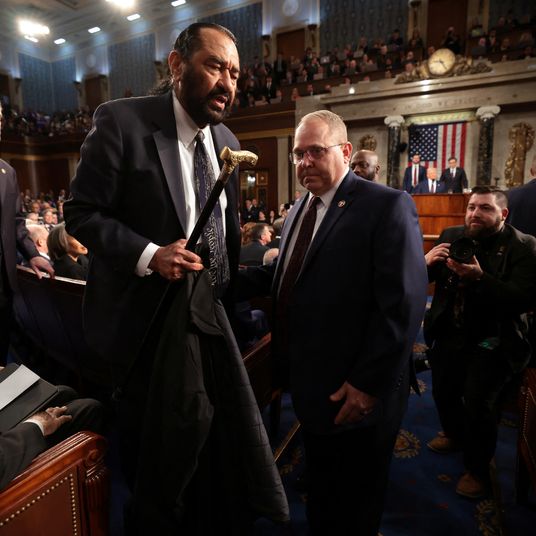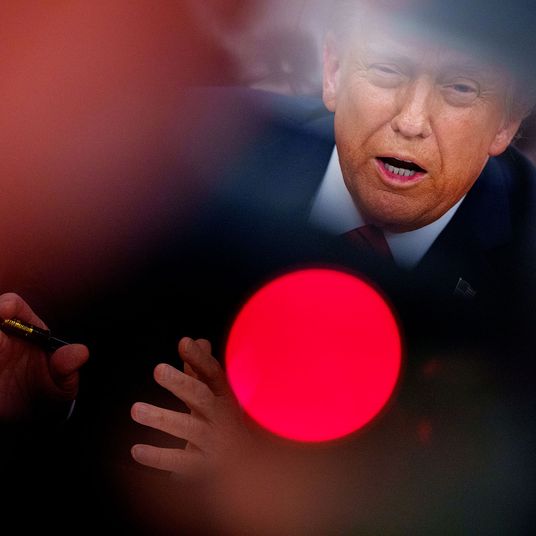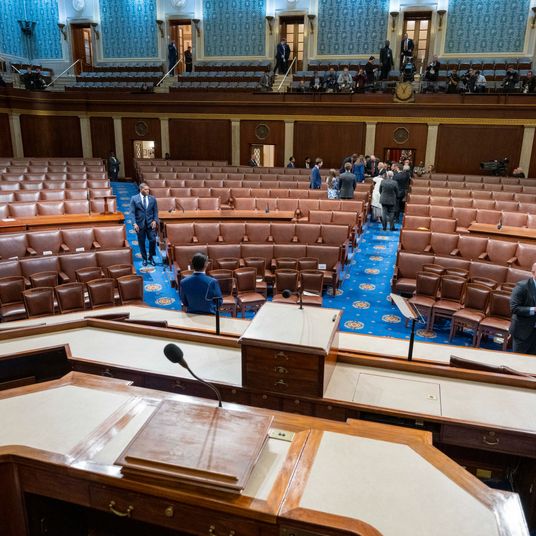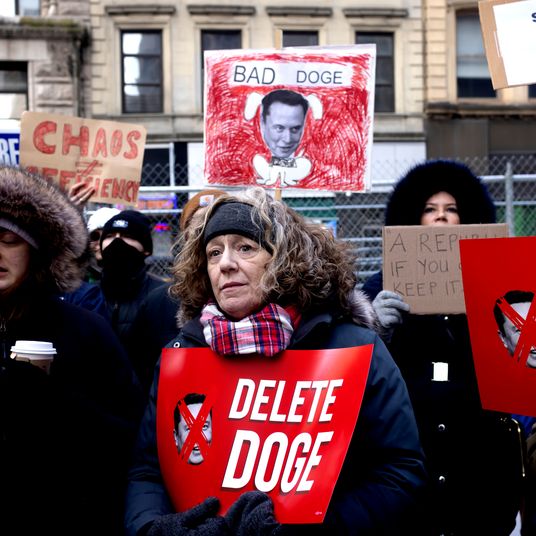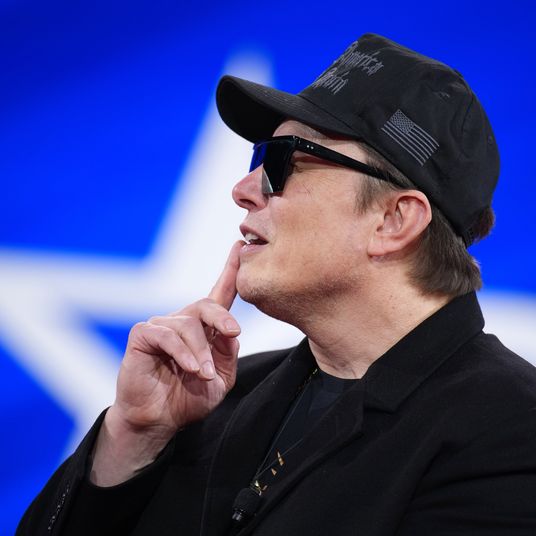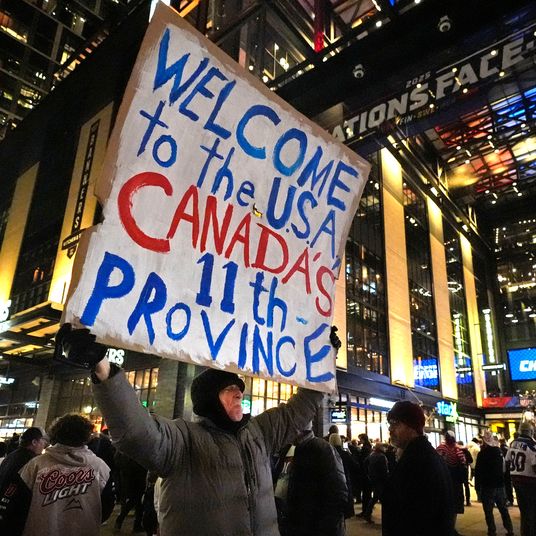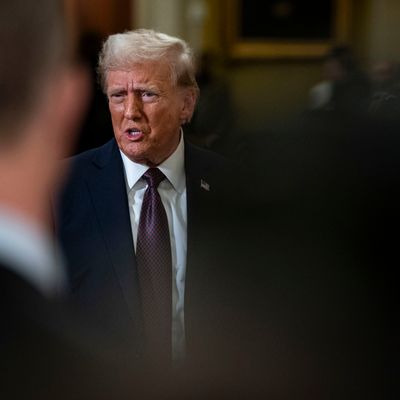
Lack of self-confidence is not a malady that ever afflicts Donald Trump, which is one reason his frequent missteps inspire so much pleasure among his critics and opponents. But you don’t have to like the president-elect to sympathize with him over the number and scope of questions he really needs to address before he takes the oath of office on January 20. The answers to some of them will cast a long shadow over his prospects for success in a second term. Here’s what Trump needs to figure out before his second Inauguration Day next Monday.
.
What’s the legislative strategy for implementing his agenda?
This subject has been kicked around in Washington for weeks now without any final resolution. It’s assumed that Republicans will take advantage of their “trifecta” (control of the White House, the Senate, and the House), bypassing any Democratic obstruction in the Senate by cramming as much of Trump’s agenda as possible into the filibusterproof budget-reconciliation vehicle. But they have to decide whether to do that in one bill or two, and despite Trump’s stated preference for “one big, beautiful bill” to do everything from setting up his mass deportation program to enacting tax cuts, he’s left the door open to one lighting-quick bill that focuses on border security and energy while leaving the rest of the agenda for later in the year. If that’s going to happen, though, a budget resolution setting it up has to happen almost immediately. So Trump needs to make up his mind or at least force his congressional allies to agree on a strategy right now.
.
What should be his first executive orders?
During the 2024 campaign Trump frequently promised to fully use the powers of the presidency to remake federal policies and practices beginning on day one. Indeed, at one point, he famously professed his desire to become a dictator for that one day of revolutionary action. There’s undoubtedly a lot he can do via executive orders to reverse Biden-administration policies and administrative procedures without much if any judicial or legislative review (e.g., he can temporarily impose tariffs and suspend a significant number of avenues for immigration). But there are other actions he can take that will undoubtedly invite judicial challenges (particularly if he tries to roll back congressionally authorized environmental regulations or “impound” congressional appropriated spending); one review of Trump’s first-term executive actions (including agency rules and regulations along with edicts from the White House) found 192 that had been successfully challenged in federal courts.
Perhaps recent Supreme Court decisions on agency powers and, more generally, the influence of Trump-appointed federal judges will give Trump 2.0 a better batting average in the courts. But the White House needs to decide how much risk of reversal to take on day one. Some policy changes can be made via legislation (though not all of it can necessarily be included in a filibusterproof legislative vehicle), and there is a separate procedure whereby Congress can revoke administrative actions taken during the late stages of the Biden presidency. While there are reports that Trump is planning somewhere in the neighborhood of 100 executive orders for day one, their scope remains unclear; decisions are probably still being made.
.
Who should he pardon first?
One presidential power that no one challenges is executive clemency, including the ability to pardon those convicted of federal criminal offenses or to commute their sentences. This power can be exercised at any point, but typically, presidents use it at the beginning or (especially) at the end of their tenure in office. Trump has made day-one pardons a major issue by promising significant relief to those convicted of insurrectionary actions on January 6, 2021, whom he has often described as innocent patriots suffering from the same kind of partisan persecution he claims for himself. But he must realize that a truly comprehensive pardon for “J6 hostages” on Inauguration Day may overshadow more important messages he wishes to send. Most recently, vice-president-elect J.D. Vance has suggested those convicted of violent acts will not receive pardons. So, quite possibly, Trump has decided not to go hog wild on clemency on January 20, but we won’t know for sure until the sun goes down that evening.
.
Should he follow through on diplomatic threats?
Another regular Trump habit during the 2024 campaign was to attribute every significant global conflict to Joe Biden’s alleged “weakness” followed by the suggestion that wars would cease instantly when his own strong hand regained control of the tiller on January 20. There’s a decent chance Trump will luck into a late Biden diplomatic win via a Gaza cease-fire and hostage release — for which Trump, of course, will take total credit. But he must very quickly decide whether to make immediate progress on other areas of conflict — most notably in Russia’s war on Ukraine — a measure of his early success as the 47th president. If not, he probably needs to back down right away on his earlier suggestions that the world will enjoy a sort of Pax Trumpiana when he’s back in the saddle.
.
How should he handle the California fire disaster?
On January 20, the ongoing nightmare in California will change from a horrific event on Biden’s watch that he can blame on Democrats in Washington, Sacramento, and Los Angeles into a problem that Trump will need to address as president. Some congressional Republicans are following his California-bashing lead in suggesting that disaster aid be denied or greatly curtailed until the state abandons a host of policies MAGA folk dislike, whether or not they have anything to do with fires. There’s also talk that Trump’s troops in Congress might use a must-pass California relief package to enact the debt-limit measure he was denied last month. The new president will need to decide quickly how to talk about the situation along with future disasters he will have to face.
.
How much should he pressure Senate Republicans to confirm his Cabinet?
It’s clear that Trump’s original vision of having a Cabinet mostly confirmed by the time he took office was never realistic and isn’t happening (it would have required both controversy-free nominees and total Democratic cooperation). He might get Secretary of State Marco Rubio, but otherwise, the 13 confirmation hearings on tap this week could go in any number of directions. The president-elect can either obsess over quick confirmations and make it the test of his relationship with Senate Republicans or cut his losses and be satisfied with a high percentage of confirmation wins.
.
How should he handle the DOGE firebugs running through the federal bureaucracy?
Speaking of fires, the unofficial but potentially very powerful Department of Government Efficiency initiative Trump delegated to First Buddy Elon Musk and his tech-bro sidekick Vivek Ramaswamy could very quickly interfere with a smooth transition to Trump 2.0. Already DOGE is deploying staff to be “embedded” in every federal agency to root out inefficiency and massively cut costs, which will be an unwelcome distraction for the Trump appointees taking over these entities. The new president needs to make it clear immediately what if any official status these self-appointed commissars will enjoy and how (if at all) their recommendations will be meshed with the budgetary and policy work of the new administration. Otherwise, a truly nasty intra-MAGA civil war could break out across the entire landscape of the federal government.
.
What message should he send in his Inaugural Address?
Trump’s first Inaugural Address in 2017 gained a lot of attention for its dark message of “American carnage” meant to convey the dire condition of a country desperate for his kind of leadership. Another rant about the destruction allegedly wrought by four years of the Biden-Harris administration would be a natural follow-up to the intensely negative messaging of Trump’s 2024 campaign. But since this will be Trump’s last inauguration, he might instead want to boast about the miraculous recovery in national fortunes just ahead. After all, the “American Greatness” Trump talked about during the most recent campaign wasn’t a shout-out to the upbeat white patriarchal America of the 1950s but, at least in part, a claim that the country was approaching nirvana under Trump’s leadership until the stolen election of 2020 took a rapidly improving world off schedule.
More on Politics
- Melania Trump’s Mysterious Amazon Documentary: What We Know
- Polls Show Trump Speech to Congress Didn’t Change Anything
- Elon Musk ‘Elated’ to Learn Congress Might Rubber-Stamp His Cuts



